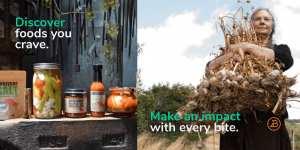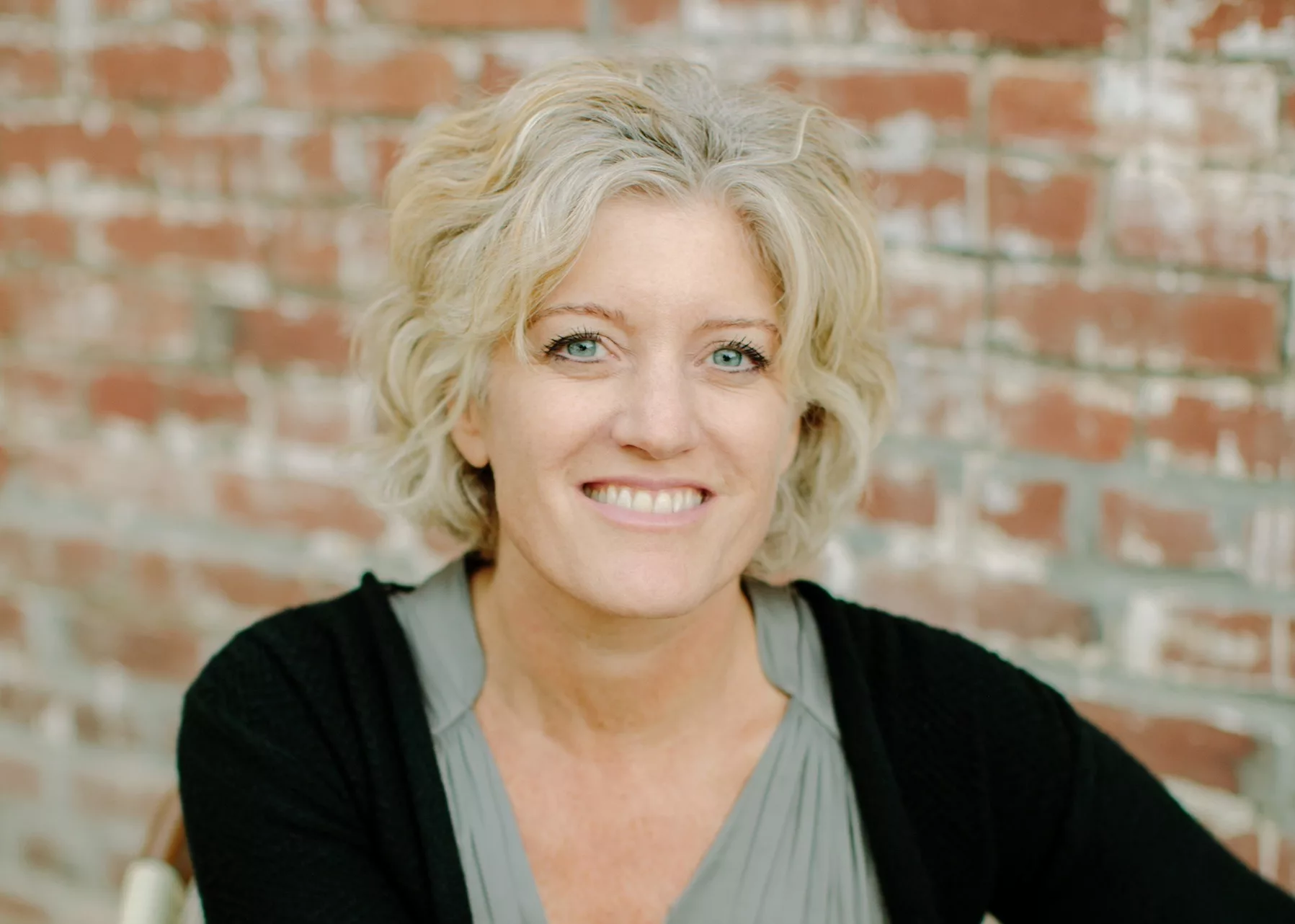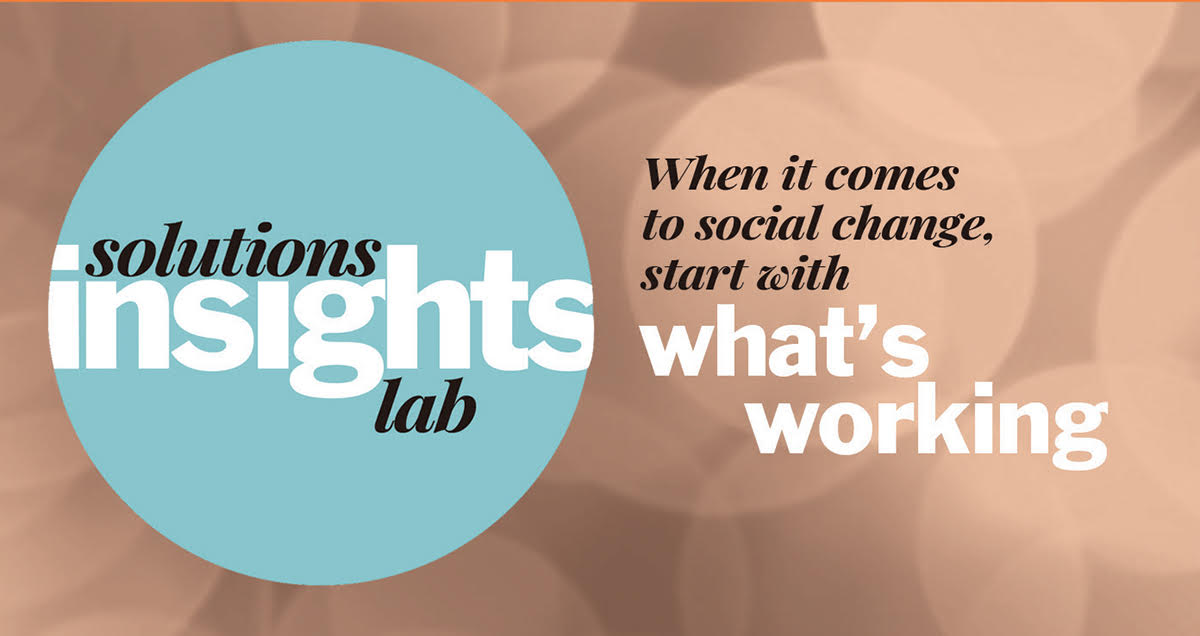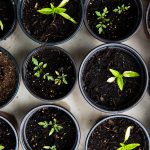If you’re going to America, bring your own food.
Fran Lebowitz
America’s relationship with food is about as easy to untangle as string theory or rocket science. For many of us, our memories could be woven together with meals. From Sunday dinners to birthday feasts to baby showers and weddings to every other time we get together, we gather and eat. In the south, we are taught to always keep a casserole in the freezer in case company pops in – in order to avoid the travesty of not feeding someone who is in your home.
Holidays are rife with food traditions: meals that have always been served and tradition bunkers: those who always show up with something not on the menu or offer a new twist on an old favorite. Food is offered as solace to mend a broken heart or show someone who is grieving they will be taken care of. We go out to eat to celebrate, to commiserate, and just to spend time with someone. It’s often said in my family that 90% of any vacation is spent eating, deciding what to eat, or talking about what you ate.
Food is political in just as many ways as it is emotional.
From food deserts to who is responsible for meals to how many people of color work in the back of the house vs. the front of the house vs. have positions as chefs. Human trafficking organizations now believe there are as many people trafficked into labor, primarily agriculture and restaurant work, as the sex trade, and most are people of color.
Add to all of this the fact that we are constantly bombarded with ads and invitations to eat pizza, desserts, fast food, and other unhealthy things while also being told that we are too fat and need to restrict everything we eat. There is a popular quote that surfaces every few months on social media that says, Nothing tastes as good as skinny feels. I normally see it in my feed right after this video explaining how to make (the most amazing) prime rib rubbed in butter.
And, of course, food is also a class issue. Choosing to eat healthy requires you to have the means and privilege to make a choice. On top of all of this, there is the very real economic struggle of farmers and small-batch food makers combined with the fact that Americans notoriously choose convenience over health.
What we need is a way to get freshly made food that supports farmers and small-batch makers conveniently. What these makers need is a way to market their products that extends beyond the local farmer’s market. Thankfully, we now do. Eileen Gordon, is the founder behind Barnaiser, a marketplace where small-batch makers can sell shelf-stable food on a grand scale.
By default, it is also a place where consumers can purchase fresh-made, shelf-stable food!
We can debate the pros and cons of eating meat, being vegan, or cutting out gluten all day long. But there is zero argument that eating food without preservatives, made with fresh ingredients is better for us – and better for the world. According to Eileen, it is also true that millions of people are looking for ways to discover new fresh foods for a variety of reasons. Some people want to eat healthier, some people like supporting local businesses, some people like supporting farmers with conscious values, and some people want to eat food that is created in a way that is less harmful to our planet.
Whatever the reason, Barnraiser is here to give us a whole new world of options.
Their tagline is: Every. Bite. Counts. It makes you pause for sure.
Eileen told me she dreams of building a community that shifts well over $1B of economic value into the hands of the smaller, emerging, local, and high impact businesses. This would give us rich communities of food makers & farmers from every corner of America who thrive at doing what they do best. This, in turn, would mean that they get a much bigger share of the pie of the huge good food & wellness revolution that is underway, as opposed to it going to the retailers, e-tailers, distributors and enterprise stores.
 In some ways, Eileen’s childhood story of food is very similar to mine. In her TEDx talk, she describes growing up, in the D.C. area, on convenience food and childhood staples such as Fishstick Fridays, at least partially due to the fact that her parents and all of her friends’ parents worked and that was what made sense.
In some ways, Eileen’s childhood story of food is very similar to mine. In her TEDx talk, she describes growing up, in the D.C. area, on convenience food and childhood staples such as Fishstick Fridays, at least partially due to the fact that her parents and all of her friends’ parents worked and that was what made sense.
I can relate to that. We had a few key meals that were always exactly the same: macaroni and cheese, fish sticks and applesauce is one of them. She also talks about a different side of her childhood when they spent summers in Northern California eating fresh fruit from the orchard and hand-churned ice cream. I too have memories of visiting my grandparents and great Aunt Wilma and Uncle Robert in Missouri at their ranch, where food was made fresh and the adults churned ice cream at night while we chased lightning bugs.
Over time she discovered that her mother had shared similar childhood experiences and memories. And now Eileen’s son gets to experience the orchard in the summers.
In fact, the original iterations of what would later become Barnaiser grew out of a conversation she had with her son about all the people and things they should acknowledge before eating a mango. She knew then that she wanted her son, and other kids, to be able to experience the joy of really being in the dirt and understanding where our food comes from.
Eventually, she realized that what she was meant to create was on a much grander scale than that.
And so Barnraiser was born. They are working with a community of makers that are in what Eileen calls their sweet spot: natural, organic, local, healthy, sustainable, functional, small-batch, and from the farm/from the garden. It’s a direct-to-consumer brand, and like other conscious entrepreneurs I’ve featured, Barnraiser provides them a larger marketplace and handles the business things that tend to get in the way of being able to make a sustainable living.
It doesn’t take much to imagine the devastation that her community felt when COVID-19 took over our lives. In my town, the loss of the Farmer’s Market will have rippling effects for years to come. Not only are the makers not able to sell their food, but the people who run the market have no income coming in. And those of us who like to visit the market on Saturday mornings for coffee and fresh vegetables and bread are unable to do so.
Eileen’s model mimics the community of the Farmer’s Market. In our town, making that Saturday morning trip or attending one of the monthly Night Markets is as much about seeing friends, connecting with our local small-batch food makers, and listening to music as it is buying food. I’m sure that’s true in many places!
That’s the exact spirit she is creating with Barnraiser. After initially serving the community via crowd-funding, raising over $2M for farms and producers in over 40 states, they added commerce – featuring hundreds of sustainable and small-batch foods – and continue building community into everything they are doing. One of my favorites is the Champion a change-maker campaign where you can tag your favorite food hero on Instagram. (Should out to @301food, executive chef of @freshcatch27!)
And, in case you are wondering about the name, a Barnraiser is when a community comes together to work and socialize and create something the community needs: a barn. It has always been about intentionally building a community.
In response to COVDI-19, they have reduced their selling commissions down to 1% in order to encourage as many makers as possible to join them and have a way to make money while the Farmer’s Markets are closed (and beyond). It’s an incredible gift as I doubt that 1% even covers the overhead costs of running the company. But that’s the thing about leaders; they are able to see the long game. Eileen knows that every dollar spent or invested in her community will provide returns for many years to come.
One of my favorite parts of Eileen Gordon’s TEDx talk is when she shows photos of and describes the farmers and makers she is working with. You can hear a slight change in her voice that could be described as the awe that we feel when something really special is happening. And it is.
Visit Barnraiser today to shop for some amazing small-batch food (I’ve personally been eyeing the blueberry donut kit for Emma and the Ayurvedic chocolate truffles for myself!) And you fit the criteria they are looking for in a brand and want to join Barnraiser, email Marco Anichini today.







